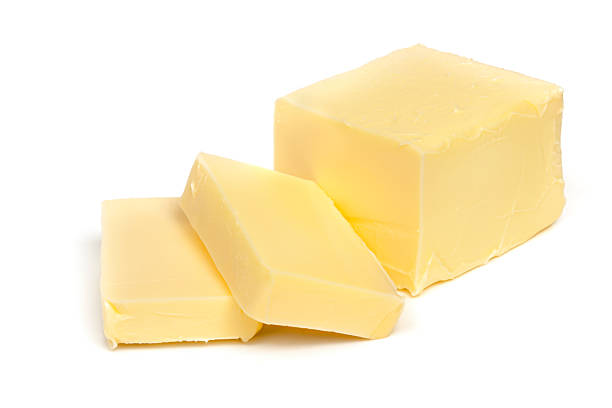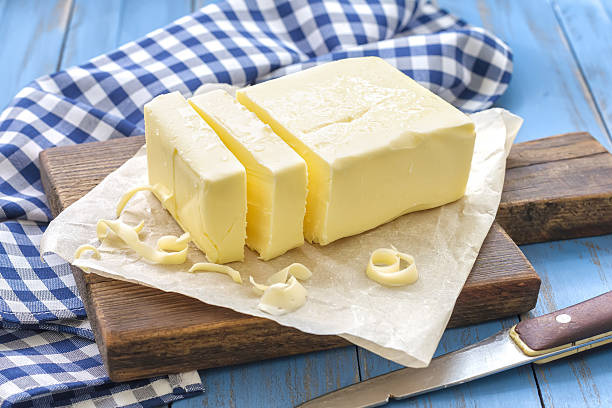Butter is a dietary staple that has been used for centuries in cooking and baking. It is made from cream, which is the fat that rises to the top of milk. The cream is then churned to separate the butterfat from the buttermilk, resulting in a solid, creamy substance known as butter.
Butter is high in calories and fat, with 100 grams containing 717 calories and 81 grams of fat. However, it is also a rich source of certain nutrients.
One of the main nutrients found in butter is saturated fat. Saturated fat has been linked to an increased risk of heart disease, but it is also necessary for the absorption of certain vitamins and minerals. The saturated fat in butter is mostly composed of short-chain and medium-chain fatty acids, which are less likely to raise cholesterol levels compared to long-chain fatty acids found in other animal products.
Butter also contains small amounts of monounsaturated and polyunsaturated fats, as well as cholesterol. Cholesterol is a type of fat that is essential for the body, but consuming too much can lead to an increased risk of heart disease.
Butter is also a good source of vitamin A, which is important for eye health and immune function. It also contains small amounts of vitamins E and K.
Butter also contains small amounts of minerals, including calcium, potassium, and phosphorus.
Given the high saturated fat and cholesterol content, it is important to consume butter in moderation. The American Heart Association recommends that adults consume no more than 6% of their daily calories from saturated fat, which for a 2,000 calorie diet, would be about 13 grams of saturated fat.
One way to reduce saturated fat and cholesterol intake from butter is to use it in moderation and choose unsalted butter, which contains less sodium.
Butter can also be replaced with other fats and oils in cooking and baking, such as olive oil or avocado oil, which are rich in monounsaturated fats and have been shown to have a beneficial effect on heart health.
In conclusion, butter is a high-calorie, high-fat food that contains important nutrients, but should be consumed in moderation due to its high saturated fat and cholesterol content. Choosing unsalted butter and replacing butter with healthier fats and oils in cooking and baking can also help to reduce saturated fat and cholesterol intake. It is important to remember that the key is to have a balanced diet with all nutrients in moderation.

 Home
Home Health
Health Diet & Nutrition
Diet & Nutrition Living Well
Living Well More
More












